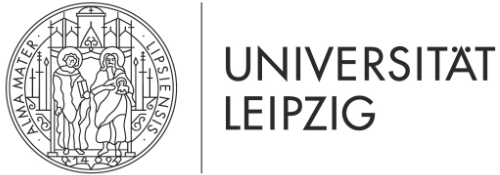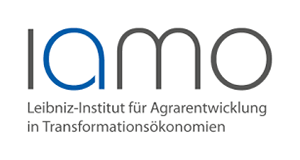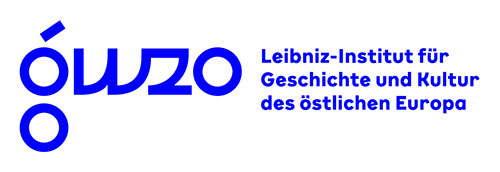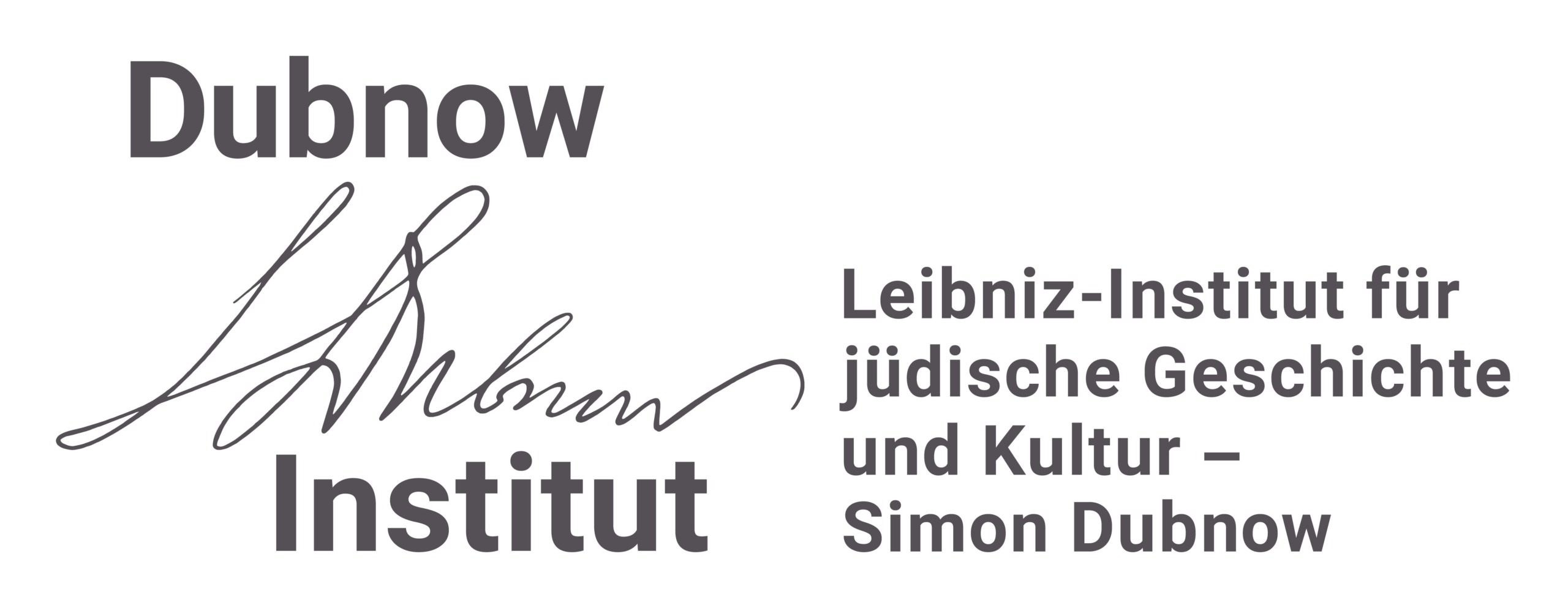Zinaida Vasilyeva
Stay at EEGA: May – October 2017
Zinaida Vasilyeva is an anthropologist interested in historically grounded and ethnographically driven research of post-socialist societies. Her academic background includes training in History, Anthropology and Science and Technologies Studies acquired at the European University in St.Petersburg (Russia) and University of Neuchâtel (Switzerland). She has participated separately in research projects focusing on everyday technologies, technical amateurism, Soviet nuclear project, and on post-Soviet trajectories of Russian ‚techno‘ professionals. Her field of interests includes anthropology of knowledge and technologies, political anthropology, media and communications, subjectivity and the post-Cold war knowledge. She is currently finalizing her PhD thesis on DIY in post-Soviet Russia at the University of Neuchâtel. From 2013 to 2015, she worked as executive director of the project (megagrant) „Russian Computer Scientists at Home and Abroad“ at the STS Center, European University in St.Petersburg. She was a Carnegie fellow at UC Berkeley (spring 2016), IfL fellow and Ira-Urban fellow at Leibniz-Institut für Länderkunde (fall 2016, spring 2017).
Her project at EEGA (Research Area 1) was entitled: Hackerspaces as flexible infrastructures: circulations of humans, things and ideas.
Profile on Academia.edu: https://unine.academia.edu/ZinaidaVasilyeva
Hackerspaces as Flexible Infrastructures: Circulations of Humans, Things and Ideas
Since the middle of the 1990s (for the USA and Western Europe) and especially since the beginning of the 2000 (for Eastern Europe, Brazil, China, Russia and Singapore), hackerspaces became a new and remarkable phenomenon around the world, particularly characteristic for big cities. According to the self-definition, “hackerspaces are community-operated physical places, where people share their interest in tinkering with technology, meet and work on their projects, and learn from each other.“ (www.hackerspaces.org). Being all at once – free access workingspaces, scientific and technical laboratories, art and design workshops, entrepreneurial units (start-up firms) and meeting places of friends – hackerspaces represent important nodes of contemporary urban knowledge landscape. Very heterogeneous in content of their actual activities, community regulations and business models, hackerspaces usually share particular aesthetic style and political discourse, emphasizing values of openness, communitarism and counter-culture.
As a global phenomenon, hackerspaces are inseparable from the so called `digital revolution` and consequent political-economic changes that keep challenging and reshaping traditional economies and their respective legal regimes. At the same time, regardless the apparent resemblance of hackerspaces around the world and their deliberate self-representations as `global` and `cosmopolitan`, every given hackerspace is always rooted in local tech- and DIY cultures and urban life, not to mention local economic, legal and social contexts.
Thus, in many respects, hackerspaces entangle and interplay, embody and display the main tensions of contemporary times: globalization of markets and technologies versus. local configurations of access, exclusive legal regimes (private property) versus. inclusive ones (Open Source, creative commons), security versus. openness, capitalism versus. alternative communitarian-type economies, individual performance and success versus. cooperation, etc.
In my research I would like to propose a social analysis of hackerspaces in Eastern European region with a particular focus on their political articulations and actual civic engagements. More specifically, I would like to study, how communities providing global services, relying on high-tech super-modern knowledge and representing themselves as cosmopolitan, actually respond to challenges of the contemporary political situation when right-wing politics and nationalist ideas gain more and more weight and popularity worldwide. I am particularly interested in how does the philosophy of communitarism and discourse on openness, inclusiveness and cooperativeness find (if at all) their place and expression in epistemology of hackers (discursively) and in their everyday practices: in actual career choices, economic decisions and civic engagements. In other words, through the empirical prism of hackerspaces and hackers’ culture I would like to revise an old opposition `homo fabers’ versus. ‘animal laborans’, defined by Hannah Arendt in her famous The Human Condition (Arendt 1958). Also, I am interested to study, how feminist critique (Haraway 1991), inseparable from contemporary liberal political thinking and explicitly or implicitly underlying many of bio-DIY initiatives, finds (if at all) its repercussions in hackers` theorizing and sensibilities.








